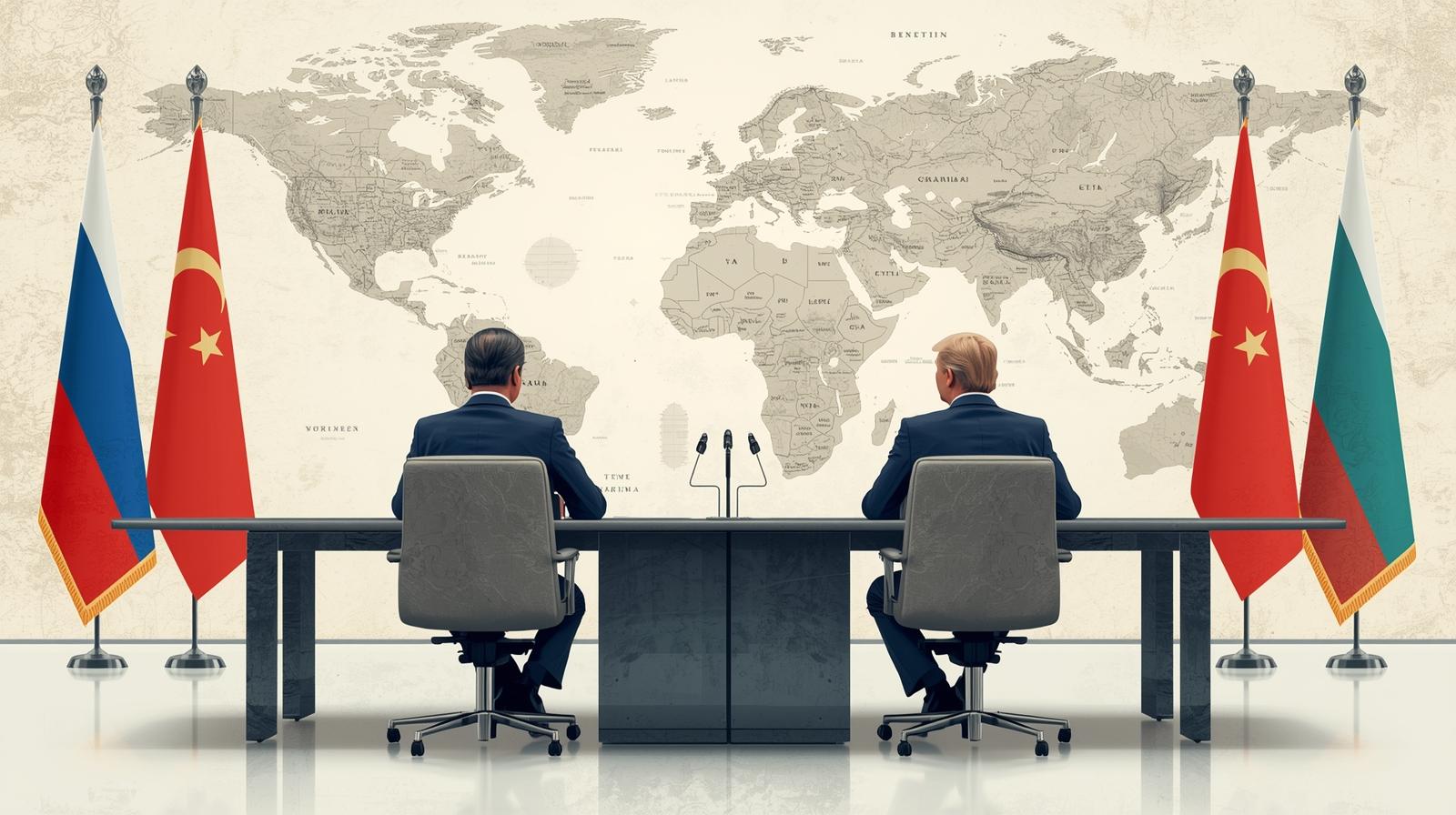“Despite ongoing global tensions, White House and Kremlin officials confirm that no meeting between the leaders is scheduled for the coming months.”
Introduction
As international relations continue to evolve in 2025, speculation around a potential summit between former U.S. President Donald Trump and Russian President Vladimir Putin has once again captured global attention. In recent weeks, political commentators, media outlets, and analysts have closely monitored the possibility of a high-level meeting that could influence U.S.-Russia relations, global security, and economic agreements. However, officials from both Washington and Moscow have recently clarified that no plans for such a summit exist in the near future. This announcement provides insight into the complexities of diplomatic relations, the strategic calculations of world leaders, and the ongoing geopolitical tensions that continue to shape international policy decisions.
Background of U.S.-Russia Relations
To understand the significance of a potential Trump-Putin summit, it is essential to review the recent history of U.S.-Russia relations. Over the past decade, the bilateral relationship has experienced fluctuations, including periods of cooperation and confrontation. Key areas of tension have included:
- Military engagements and arms control treaties
- Cybersecurity and election interference allegations
- Economic sanctions imposed by the U.S. and its allies
During Trump’s presidency, several attempts were made to establish a direct dialogue with President Putin. These efforts included high-profile meetings, negotiations on arms reduction, and discussions of global security concerns. While some initiatives led to temporary agreements, lingering disagreements and mutual distrust ultimately hindered long-term progress.
Current Political Climate
In 2025, the global political climate is marked by complex challenges. The U.S. is navigating domestic political debates while maintaining its role in NATO and other international alliances. Meanwhile, Russia continues to assert its influence in Eastern Europe, the Middle East, and Asia. These overlapping interests make direct engagement between leaders particularly sensitive.
White House Perspective
According to officials, the current U.S. administration does not see a near-term Trump-Putin summit as strategically beneficial. While dialogue with Russia remains essential, high-level meetings require extensive preparation, alignment on topics of discussion, and clear objectives. Without these, officials caution, a summit could produce symbolic gestures without substantive outcomes, potentially complicating diplomatic efforts.
Kremlin Perspective
Similarly, Russian officials have indicated that no summit is scheduled. The Kremlin emphasizes that international meetings are contingent on mutual interest, timing, and alignment on key policy areas. Analysts note that Russia may prioritize multilateral forums or regional diplomacy over a direct bilateral summit in the near future, focusing on strategic advantages without committing to formal one-on-one engagements prematurely.
Media Speculation and Public Interest
Media coverage of potential Trump-Putin summits often generates significant public interest and debate. Headlines suggesting imminent meetings can lead to heightened expectations among policymakers, investors, and citizens. Experts caution, however, that speculation often exceeds actual planning, and unconfirmed reports should be approached with caution.
Social Media Influence
In today’s digital age, social media amplifies news and rumors rapidly. Tweets, posts, and online commentary about a potential summit can shape public perception before official statements are released. This phenomenon emphasizes the importance of relying on verified sources and official statements from government spokespeople.
Analysis by Political Commentators
Political analysts suggest that while a Trump-Putin summit would be headline-worthy, both sides are aware of the diplomatic risks. A premature or ill-prepared meeting could result in miscommunication, misinterpretation of intentions, and political backlash in both countries. Experts note that officials may prefer incremental diplomacy through lower-level channels before committing to a public summit.
Implications for International Relations
Even without immediate plans for a summit, the possibility of a Trump-Putin meeting continues to influence global geopolitics. International actors, including allies and competitors, monitor U.S.-Russia interactions closely, as they can affect:
- Arms control negotiations
- Trade and economic agreements
- Regional security dynamics
- Global energy policies
Impact on NATO and Allies
Allied nations, particularly members of NATO, observe U.S.-Russia communications with caution. They aim to ensure that any bilateral dialogue does not undermine collective security commitments. Officials highlight the need for transparent communication and coordination with allies before any high-profile summit can take place.
Potential Economic Ramifications
Markets are often sensitive to news of potential summits. Speculation about diplomatic breakthroughs or tensions can influence currency valuations, energy prices, and investment strategies. Therefore, even announcements of “no plans” for a summit can help stabilize expectations and prevent hasty economic reactions.
Future Outlook
While officials confirm no immediate summit, analysts emphasize that U.S.-Russia relations remain dynamic. Future opportunities for engagement may arise depending on changes in international conditions, leadership priorities, and domestic political pressures. Key considerations for potential summits include:
- Strategic alignment on security issues
- Progress on arms reduction treaties
- Coordinated approaches to global crises
- Domestic political support in both countries
Experts predict that incremental diplomacy, working groups, and multilateral forums are likely to pave the way for any eventual high-level meeting, ensuring that such a summit is productive and aligned with broader strategic goals.
Conclusion
In summary, while the idea of a Trump-Putin summit captures global imagination, officials from both Washington and Moscow have clarified that no such meeting is planned in the near future. This decision reflects careful consideration of diplomatic strategy, timing, and international obligations. Observers should focus on ongoing developments in bilateral and multilateral diplomacy, understanding that progress often occurs behind the scenes long before public announcements are made.
